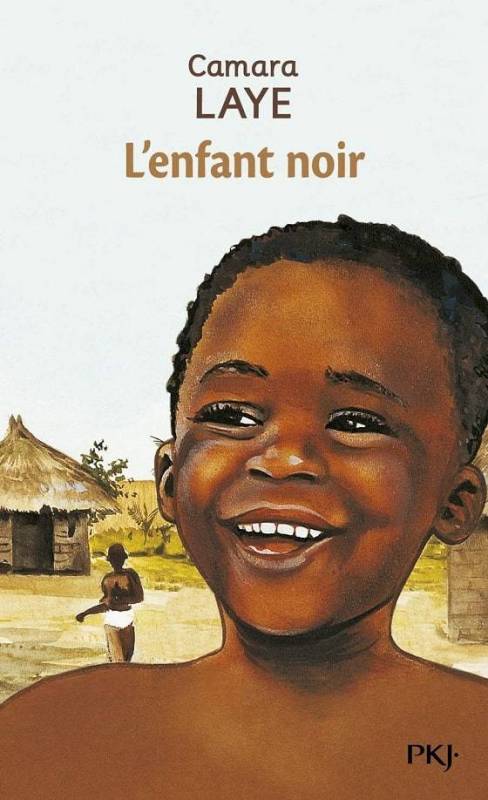
The Black Child – A Classic of African Literature
Published in Paris in 1953, “The Black Child” is an autobiographical work that traces the story of its author Camara Laye, from his early childhood in his peaceful village of Kouroussa, located in Upper Guinea until his departure for France.
As a child, Laye discovers with dazzling Africa as we rarely know it today, a world in perfect symbiosis with its traditions and its deepest cultural values. His blacksmith father, enjoys a family nobility that has been perpetuated through the centuries, and of which little Laye is destined to take over. He teaches him his art, the art of forging, and teaches him the Muslim religion, noted by a beautiful nuance between it and certain occult practices, the very expression of African beliefs.
Her mother, also respected by all, embodies the true role of women in African society, the bedrock of the family. If she remains submissive and in the shadow of her husband, she enjoys mysterious powers over beings and things which she uses to divert spells and keep the crocodiles of the Niger River away.
Growing up, Laye gradually discovers the African tradition in its different forms, from ironwork to peasantry, practiced by his grandmother who lives in Tindican, a neighboring village. He falls in love with a world that lives and breathes to the rhythm of its rites and traditions.
The different stages of Laye’s life, from childhood to adolescence, including that of circumcision, a real entry into the world of men, are faithfully represented through this beautiful literary work.
Despite his love for its customs and traditions, his debut at school marked the beginning of a new life for him, punctuated by a certain estrangement when he was offered a scholarship to pursue studies in France.
Today, The Black Child is a classic of African literature, frequently studied in European and African schools. It is a rare and faithful testimony to the first half of the 1900s, which clearly shows what Africa was like, still in love with its traditions and customs, before the cultural colonization of the continent by the West.


Post a comment